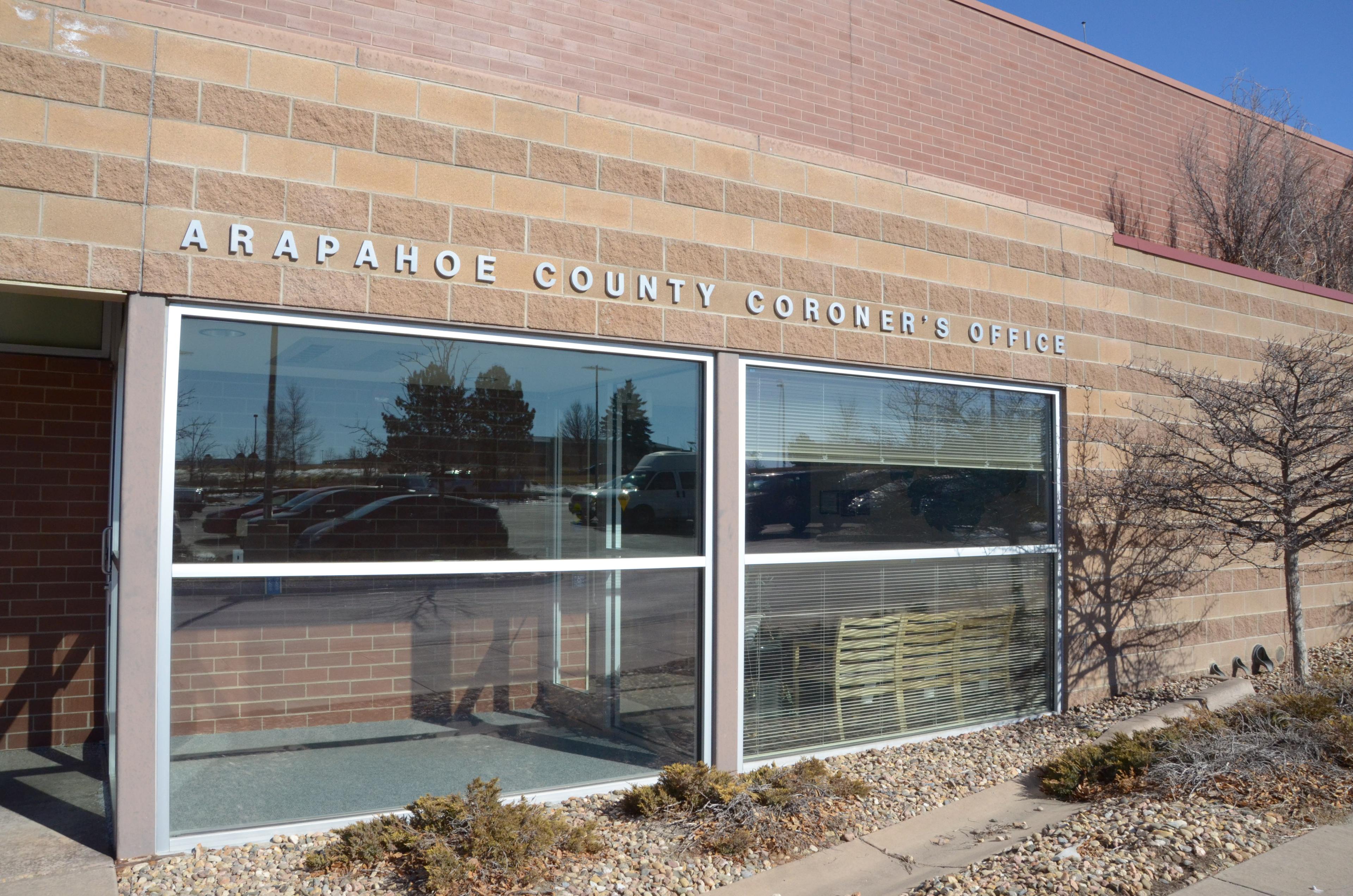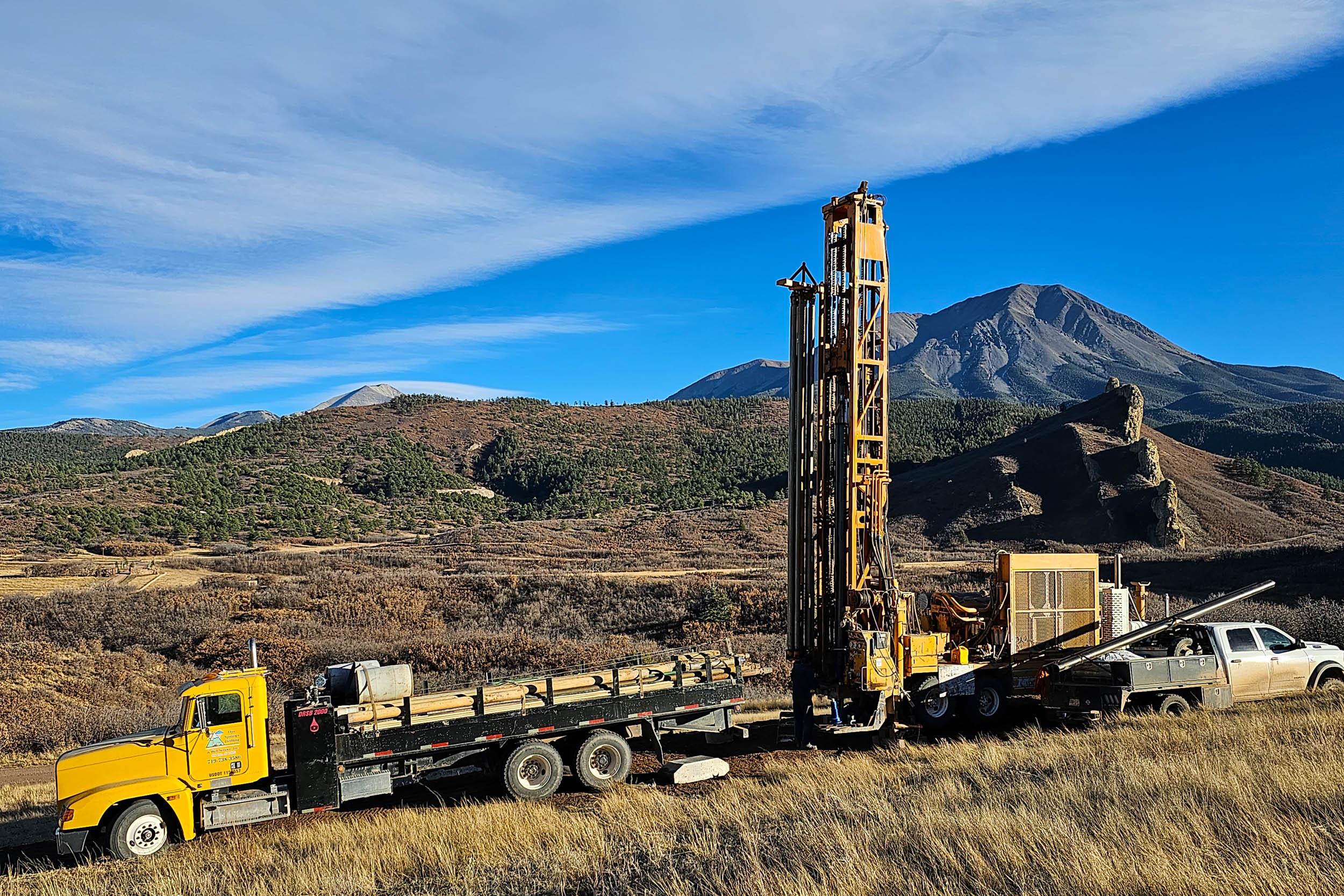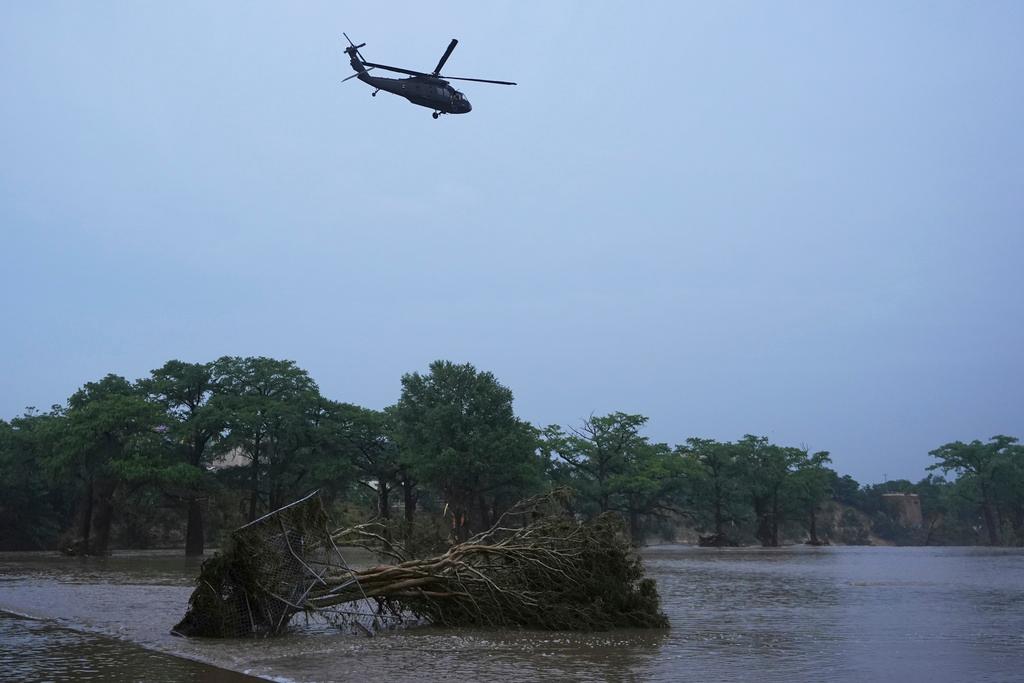

Voters in Colorado are casting their ballots, electing their next member of Congress, attorney general, governor—and, in most areas of the state, their next coroner.
Luke Chambers of Colorado Springs asked CPR's Colorado Wonders project why the people who review deaths aren't appointed, but rather, elected. Even more puzzling, Chambers said, was the idea that a coroner would run along party lines, like a candidate for the state legislature might.
While candidates for the office indeed can make an affiliated run, that would likely only come into play if a voter was making their choices strictly along party lines. According to Randy Gorton, president of the Colorado Coroners Association, politics don't come into play on the job.
"It doesn't make any difference on a death scene—I've never asked anybody or any family if they were party affiliated," Gorton said. "That has nothing to do with it, nothing does—no skin color, nothing, has to do with what you're doing on a coroner's scene."
Gorton says many coroners in Colorado are unaffiliated. He adds the only requirements for a candidate for coroner is that he or she be 18 years old and pass a background check by the Colorado Bureau of Investigation. Once in office, coroners are required to take continuing education classes to keep up with state standards.
The exceptions when running for coroner, Gorton said, are in Denver, Pitkin and Weld Counties. Because those areas are home rule municipalities, coroners in those locations are appointed.









